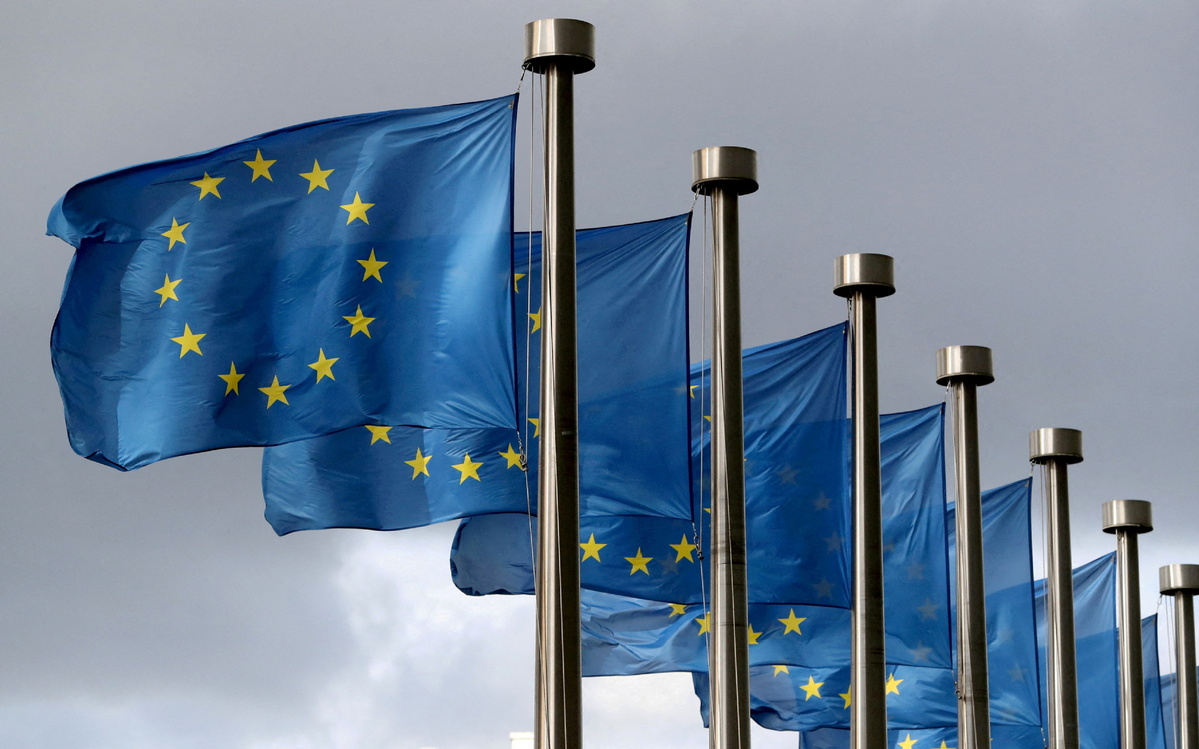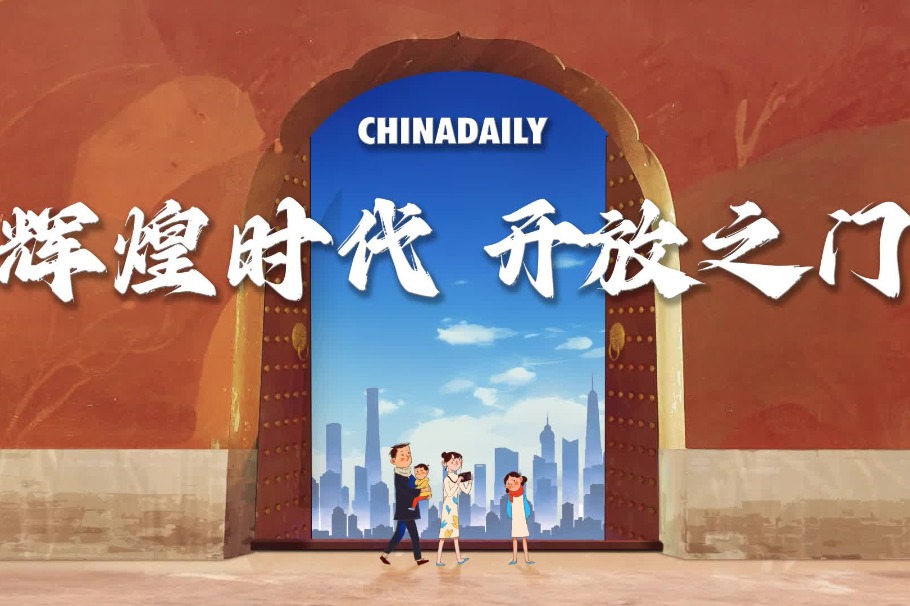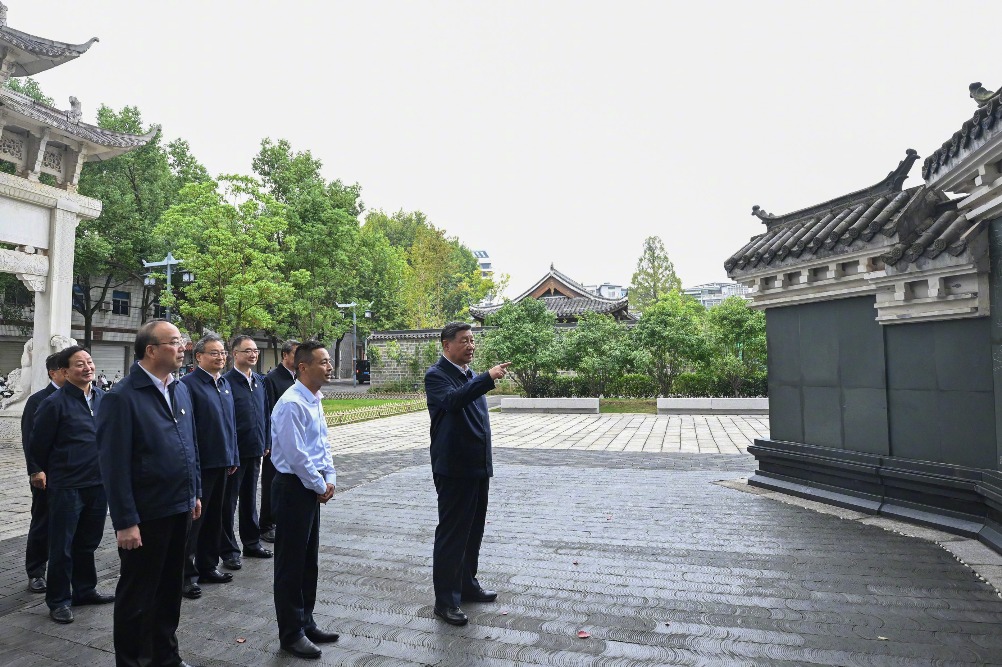Clear double standard for EU's subsidy probe


The European Commission launched an in-depth investigation into the "potentially market distortive role of foreign subsidies" on Friday.
The probe concerns Bulgaria's procurement of several electric "push-pull" trains as well as related maintenance and staff training services from CRRC Qingdao Sifang Locomotive, with EU antitrust regulators investigating whether the company, a subsidiary of CRRC Corporation, received a direct or indirect benefit from its parent company that enabled it to submit an unduly advantageous tender.
Although the investigation is a routine procedure under the European Union's Foreign Subsidies Regulation, the highly politicized de-risking backdrop against which it is being carried out has raised concerns that some China-bashing EU lawmakers are taking advantage of the probe to block the otherwise normal deal between China and Bulgaria.
Even though they never provide any concrete evidence to substantiate the charges, these politicians are good at smearing Chinese enterprises, such as those making solar power products and electric vehicles, as recipients of government "subsidies" that give them "an unfair advantage".
The politicized intent behind their smears are evident from the studied silence they maintain over the wide use in public projects in the EU of advanced chips manufactured by companies in the United States that do receive government subsidies.
It is also these politicians who urge the EU to provide subsidies on a similar scale on the grounds that it will prevent EU chipmakers from being lured to the US.
The telecommunication, new energy and transportation products that Chinese companies sell to EU countries all have a competitive cost-to-performance ratio which originates from the scale effect of the Chinese manufacturing industry, the efficiency of the operation of the Chinese economic system, the long-term and huge input in research and development, and the fierce competition that is unique to the Chinese market.
It would be ridiculous to assume that a country with the economic size of China can win the world market in these key sectors simply by providing "government subsidies", which actually hinders the development of companies by nurturing corruption and distorting market competition.
But ironically some in the EU and the US are actually embracing what they oppose as a panacea to reboot their competitiveness, while their true intention is to attract, if not coerce, high-tech companies to withdraw from the Chinese mainland. It is they that try to resort to "potentially market distortive" subsidies in a bid to outcompete Chinese companies.


































